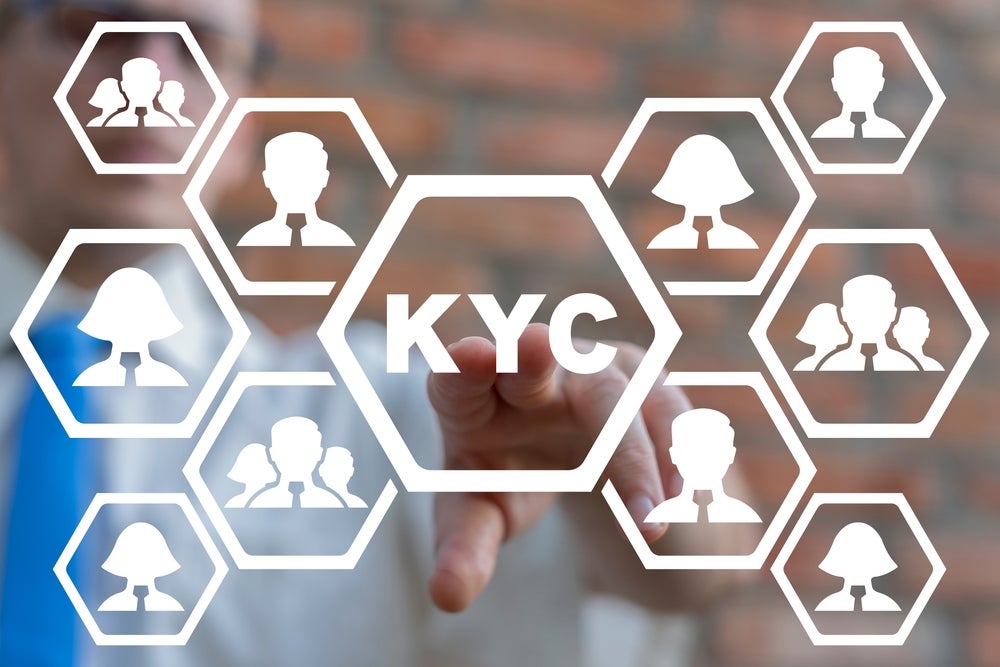As blockchain technology gains traction in the financial industry, many traditional institutions are using it to streamline transactions and automate back-office processes.
Robert LeshnerCEO and co-founder of Superstaterecently shared his views on how this trend is playing out, speaking ahead of his appearance at the Benzinga Future of Digital Assets event.
Private blockchains as a preferred choice
Leshner explained that most financial institutions focus their blockchain activities on private networks, where they can work “out of sight of their competitors” and maintain control over the environment.
This setup allows them to test the potential benefits of blockchain without the competitive visibility of public networks. For these institutions, private blockchains provide a way to improve the speed and efficiency of transactions while keeping operations within a controlled framework.

Public use of blockchain on the horizon
Although private blockchains are currently the center of attention, Leshner predicts that some of this activity will eventually shift to public blockchains. “Ultimately, this activity will find its place in public blockchains, where transactions will be tamper-proof and secured by the economy of platforms worth several hundred billion dollars,” he said.
However, he also noted that traditional financial institutions may find it difficult to relinquish their control over private networks. Operating on public blockchains requires a move toward a more open framework, which goes against the typical structure of centralized financial organizations.
Long-term expectations for blockchain in finance
Leshner suggests that the financial industry could move toward a model that combines private and public use of blockchain, balancing efficiency and transparency as blockchain grows. As these institutions evaluate the benefits of public networks versus the controlled environments of private networks, the role of blockchain in finance is expected to expand.
At the upcoming Benzinga Future of Digital Assets event, Leshner and other executives will explore how integrating blockchain into finance could reshape the industry, discussing both the benefits and challenges of broader adoption.
As the digital assets market continues to mature, the convergence of regulatory changes, M&A activity, and adoption trends will define the future of this dynamic field. Benzinga’s Future of Digital Assets event in New York this November will provide industry leaders and investors with a platform to further explore these developments, providing insight into the evolving regulatory environment and the latest dynamics of the market.
Image: Shutterstock
News and market data powered by Benzinga APIs
© 2024 Benzinga.com. Benzinga does not provide investment advice. All rights reserved.




